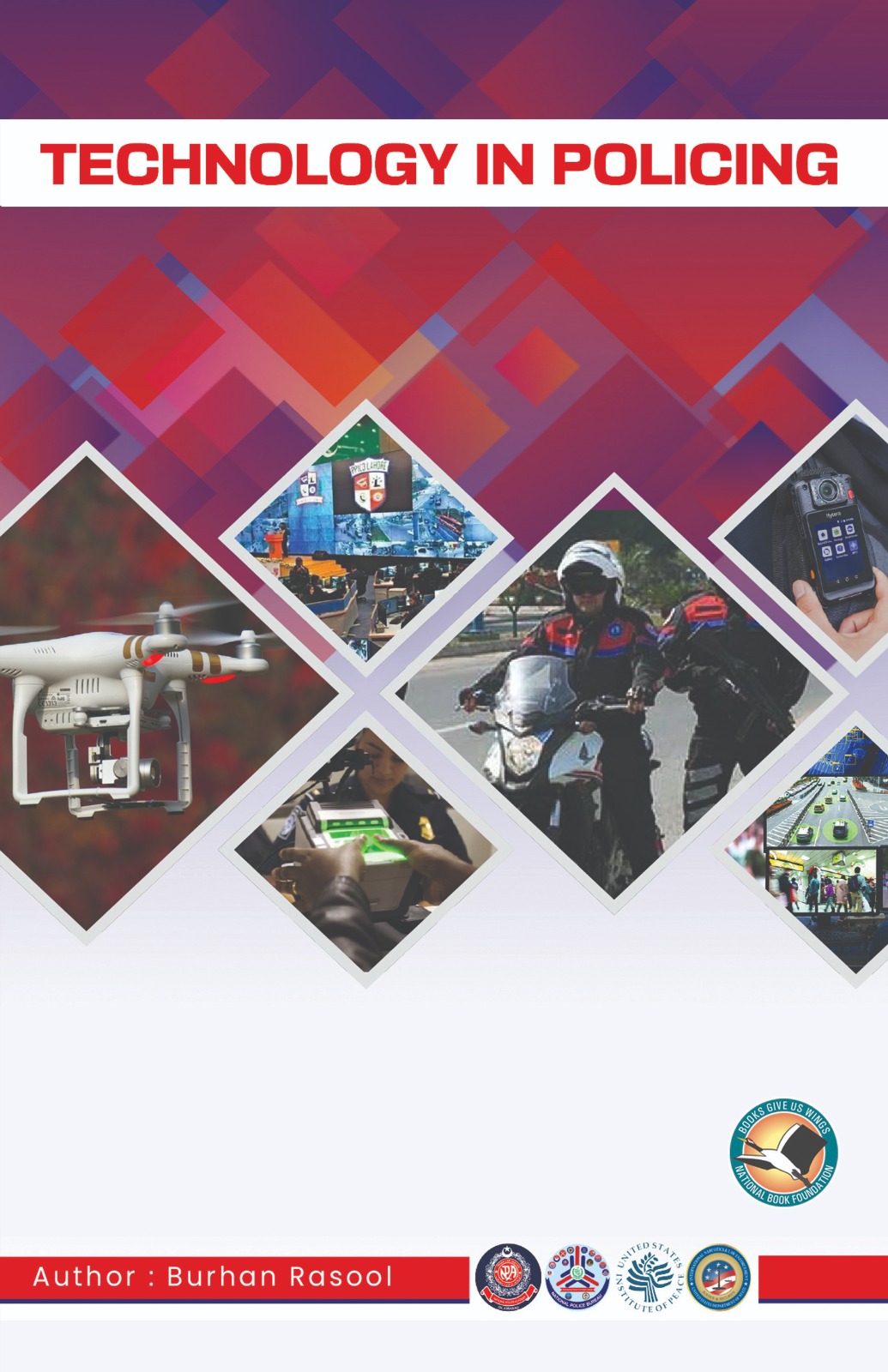Policing, as an institution, has continuously evolved to meet the dynamic situation of law and order within our societies. Technological advancements have played a pivotal role in reshaping modern law enforcement's landscape, revolutionizing how police officers combat crime, administer justice, and ensure public safety. Technology integration in policing practices has become a critical cornerstone in fortifying the foundations of security and justice worldwide.
This comprehensive book, Technology in Policing, delves deep into the multifaceted realm of technological applications within law enforcement. Divided into eight meticulously curated modules, it thoroughly explores the historical underpinnings, present-day implementations, and future trajectories of technology in policing.
Module 1 initiates our exploration by examining the key objectives, historical milestones, and pervasive areas of technology integration within policing. This module navigates the readers through the rich tapestry of technological advancements that have shaped the landscape of modern policing practices.
Module 2 embarks on a comprehensive analysis of Technology Adoption, offering critical frameworks, challenges, and opportunities. Drawing from the concepts of polarity management, Quinn’s Competing Values Framework, Bolman and Deal’s four frames for reframing organizations, and John Kotter theory of change, this module provides readers with a comprehensive understanding of the intricate dynamics involved in the assimilation of technological innovations within policing structures.
Continuing our journey, Module 3 meticulously elucidates the diverse technologies currently employed in day-to-day administrative operations within police departments. This exploration sheds light on the operational efficiencies brought about by technological integrations, streamlining the administrative functionalities of law enforcement agencies.
Module 4 delves into the arsenal of technologies utilized by police departments worldwide for crime prevention. This module highlights the innovative strategies and tools harnessed by law enforcement agencies to address and mitigate potential security threats preemptively.
Moving forward, Module 5 scrutinizes the intricate technologies employed in detecting and resolving criminal activities. This segment unravels the cutting-edge tools investigators leverage, from forensic advancements to data analytics to unravel complex crime scenarios.
Module 6 emphasizes the critical technologies utilized in the prosecution process, focusing mainly on preserving the chain of custody. By examining the significance of secure data management and custody protection, this module elucidates the pivotal role technology plays in safeguarding the integrity of legal procedures.
In Module 7, we meticulously outline the essential skill sets requisite for professionals venturing into police technology. Through a comprehensive examination of the competencies and proficiencies demanded in this field, this segment serves as a guide for aspiring police technology professionals.
Finally, Module 8 embarks on an exploration of the future of technology in policing. It delves into the profound impact of concepts such as Data Governance, Artificial Intelligence, Robotics, Blockchain, Digital Authentication, and Digital Proof of Life, envisioning the trajectory of law enforcement technologies in the future.
By traversing these eight comprehensive modules, readers will attain a holistic understanding of the intricate interplay between technology and policing, navigating the multifaceted landscape of modern law enforcement with insight and expertise.
---
About the Author
Burhan Rasool is a World Bank consultant with over a decade of experience in the public sector digital transformation. He has been engaged in multiple GovTech initiatives for the governments of Madagascar and Mozambique. He is a computer science graduate with a master's in project management and a Humphrey Fellow in Technology Policy and Management from the Maxwell School, Syracuse University, New York. He also holds a Certificate of Advanced Study in Public Leadership and Management.
Burhan has served the Government of Punjab for ten years as Head of Software Engineering at the Punjab Information Technology Board (PITB). He has also served as Project Director of the Computerization of Police Stations in Punjab, significantly impacting departmental efficiency, service delivery, and counter-terrorism operations. Burhan has received multiple awards for technology-based reforms in Pakistan's health, education, and justice sectors. He has served as a member of the Prime Minister’s Task Force on Institutional Reforms & Austerity. He has been the inaugural instructor at the National Police Academy, Islamabad, for the course Police Administration and Technology, a pivotal component of the training for Assistant Superintendents of Police













